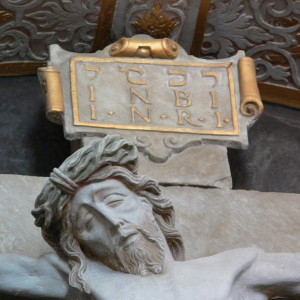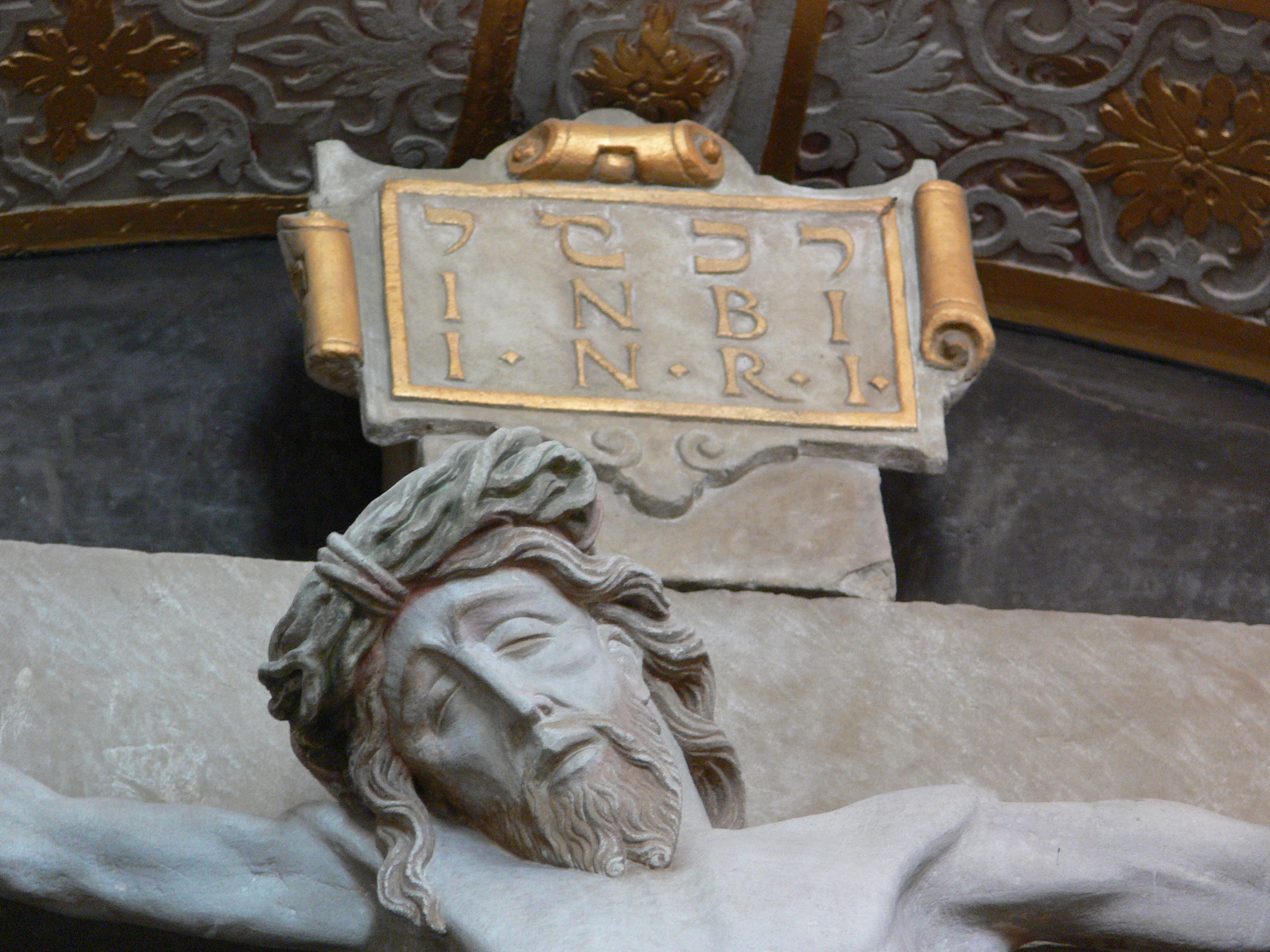Tonight’s O Antiphon is “O Rex Gentium,” meaning “King of the Nations,” or “King of the Gentiles.” The idea is that the Messiah would be King, not only of the Jews, but the Gentiles as well: that is, of all nations. For example, Isaiah prophesied of the Christ (in Isa. 2:4),
“He shall judge between the nations, and shall arbitrate for many peoples; they shall beat their swords into ploughshares, and their spears into pruning-hooks; nation shall not lift up sword against nation, neither shall they learn war anymore.”
And God says, in the Messianic prophesy in Isaiah 48:6,
“I will also make You a light of the nations
So that My salvation may reach to the end of the earth.”
This latter prophesy is explicitly applied to Christ by the priest Simeon in Luke 2:32. This fulfills a theme we see thought the Old Testament from Genesis onwards– that the Jews are chosen as God’s people not only for their own good, but for the good of the Gentiles as well, so that all nations can come to Christ (see, for example, Gen. 22:18). Christ clearly fulfills this by opening the covenant to the Gentiles, just as He promises throughout His earthly ministry (see, for example, John 10:16). And this mission of bringing all nations to Christ continues in the Church (Mt. 28:19-20).
St. Matthew notes of Christ that it’s “in His name the Gentiles will hope,” and that this is in fulfillment of “what was spoken through Isaiah the prophet.” (Matthew 12:15-21, referring to Isaiah 42:1-4). And St. Paul talks about this repeatedly, particularly in his Letter to the Romans. One of the best explanations comes from Ephesians 2:16-18,
“And that he might reconcile both unto God in one body by the cross, having slain the enmity thereby: And came and preached peace to you which were afar off, and to them that were nigh.
For through him we both have access by one Spirit unto the Father.”
So, ironically, it’s right here on the Cross, with a plaque reading “Jesus Christ, King of the Jews” above Him (John 19:20), that the doors of the Church were opened to the Gentiles in a radical way.
The traditional Latin Antiphon is:
O Rex Gentium, et desideratus earum,
lapisque angularis, qui facis utraque unum:
veni, et salva hominem,
quem de limo formasti.

Which means, in English:
O King of the Gentiles, yea, and desire thereof!
O Corner-stone, that makest of two one,
Come to save man,
whom Thou hast made out of the dust of the earth!
O Come, Desire of the nations, bind
in one the hearts of all mankind;
bid every strife and quarrel cease
and fill the world with heaven’s peace.
And the English version used in the Antiphon today:
O King of all the nations, the only joy of every human heart;
O Keystone of the mighty arch of man:
Come and save the creature you fashioned from the dust.
And finally, here are the Dominican student brothers at Blackfriars in Oxford singing the Latin plainchant:


Remember the O Antiphons when I was in seminary. In my homilies for the next few days I will use this information in my homilies. (Great Catechesis)